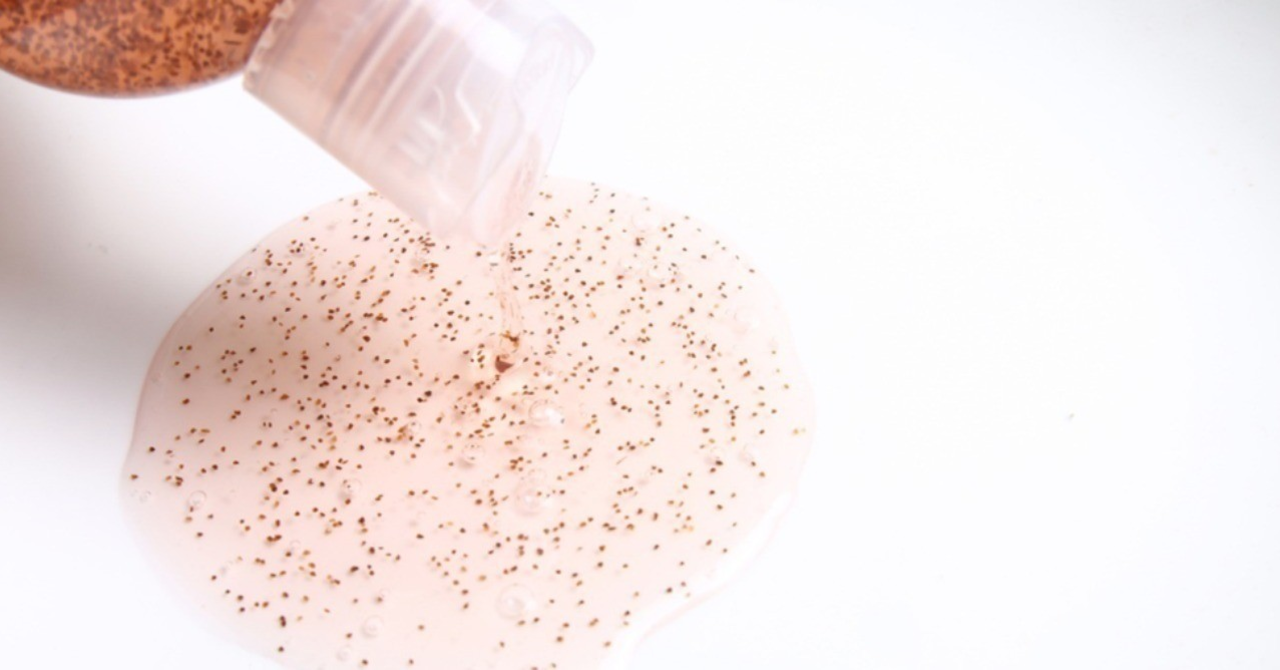The European Chemicals Agency will suggest to prohibit the deliberate use of certain microplastics, integrated products such as cosmetics, detergents and fertilizers, she announced at a conference on plastics 18 January in Helsinki. An article in the Journal of the Environment .
A real environmental plague, especially because of their impact on marine life, microplastics do not all derive from the degradation of plastics. Some are introduced intentionally, for example in the form of microbeads in exfoliating soaps, or as a coating of fertilizers to release them more gradually.
Prohibition proposal
At the request of the European Commission, the European Chemicals Agency (ECHA) will prepare a proposal to ban these microplastics, which it should submit to EU members in the year, said a spokesman ECHA, Matti Vainio, at a conference held in Helsinki on Friday 18 January, where the agency is based.
Veto for drugs and paints
The proposal, which should exclude microplastics embedded in drugs and paints, is expected to be approved by the European Commission by the end of 2020, said its vice president Jyrki Katainen, who attended the conference.
On Monday, 21 January, ECHA announced that it has signed an agreement with the European Commission, committing it to participate more actively in the development of occupational exposure limit values (OELs). This process, which will focus on lead, should lead the agency to evaluate four to five agents per year from 2020.
Source: https://www.euractiv.fr/section/plan-te/news/vers-une-interdiction-partielle-des-microplastiques-en-ue-en-2020/?utm_source=EURACTIV&utm_campaign=2cee524313-RSS_EMAIL_FR_Planete&utm_medium=email&utm_term=0_c59e2fd7a9-2cee524313-115023279
Most recent
14 Feb 2023
Turn Red Hearts Green this Valentine’s Day
3 Feb 2023



